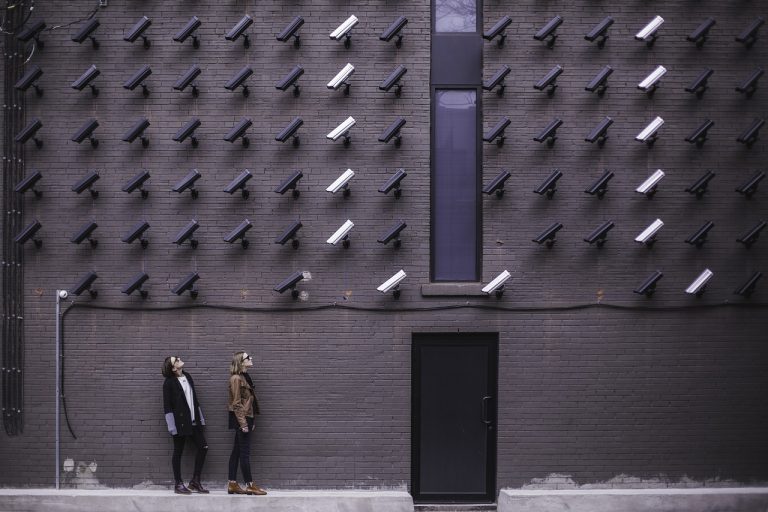Domestic CCTV and the Law
Big Brother is Watching – But He Has to Play by the Rules
CCTV is becoming increasingly prevalent in homes and businesses to keep people safe and reduce crime. What are the laws governing its use?
Watch any one of the fly-on-the-wall TV shows that follow police in their daily duties, and you will see how useful CCTV is in protecting homes and businesses from crime. Police will use CCTV around towns to track the movements of suspects, and will often utilize domestic systems to identify intruders, burglars, and those committing other illegal and antisocial acts.
As well as solving crime, CCTV is also a great tool for its prevention. If would-be criminals know they are being caught on film, they will definitely think twice about going near your home. Yet it is this aspect of knowing about CCTV that owners need to think carefully about. A CCTV sign is more than just a sensible addition to letting undesirables know they are being watched – in many cases, it is also a legal requirement.
CCTV and Data Protection
The Data Protection Act talks extensively about CCTV images. In essence, it states that everyone has the right to know when they are being recorded on CCTV in a public place, and the most obvious way of providing this information is by putting up a sign.
There are specific rules stating the type of signage – it needs to be clear, and legible and should provide information as to the person or company that is doing the recording unless that is already obvious. For example, if the CCTV cameras are at a private address, it is obvious that it is the householder that is capturing the images.
CCTV on Private Property
If your CCTV cameras focus exclusively on your private property, the images recorded are not subject to Data Protection legislation. However, there are a couple of points to bear in mind.
The first is to check whether your cameras are also recording activity outside your property, for example on the public highway or on your neighbor’s private property. The latter should be avoided if at all possible – sometimes, the layout means it is inevitable, in which case you should discuss the matter with your neighbor.
The second point is that regardless of whether or not data protection law is applicable, transparency is always the best policy, and clear signage informing anyone who comes near that CCTV cameras are in use is a sensible addition.
Disclosure of CCTV images
If you wish to see CCTV images of yourself, you have a right to do so and can request disclosure from the party recording them. This is what is known as a subject access request, and you might be charged an administrative fee of no more than £10.
As far as disclosing images that you take of others is concerned, you might be required to release your images to the police if they can help with a criminal investigation. Note that you are not allowed to share images that are subject to data protection legislation with the media or to post them online.
Sometimes you will see such images posted in an attempt to solve a crime, but this will be done directly by the police.

